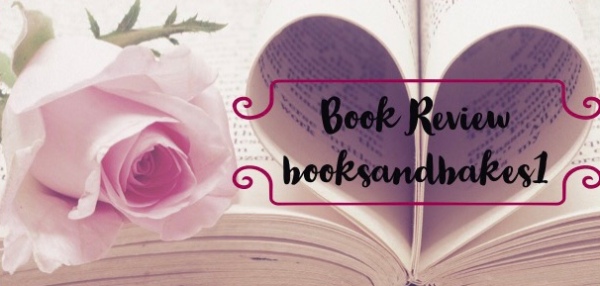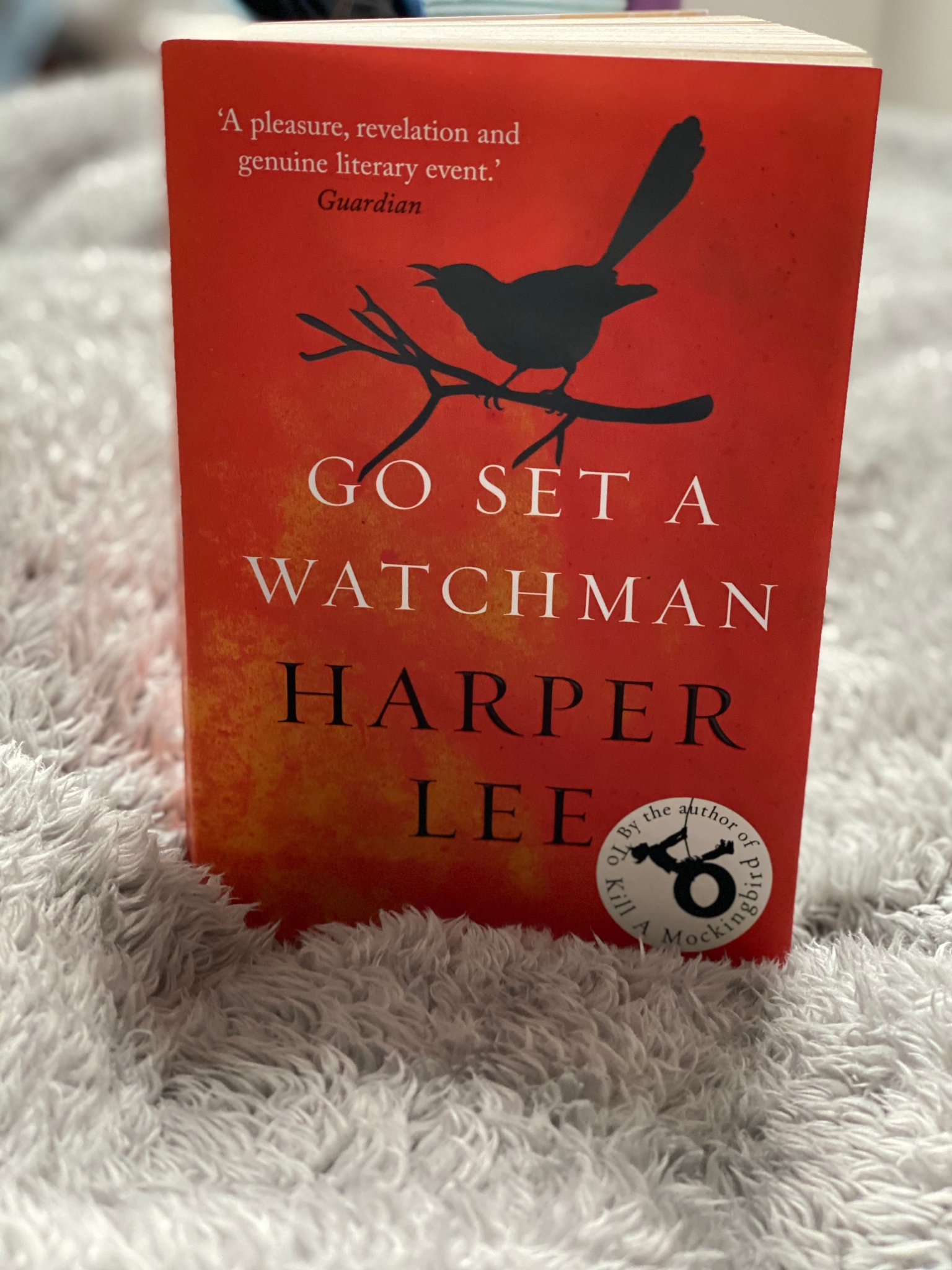Hello Everyone!
I hope you’re all okay. I’m back at work now but definitely looking forward to the bank holiday weekend! Hopefully the weather will pick up again and it’ll be glorious instead of chilly… I had heard that May apparently is meant to be the coldest on record! I jolly well hope not… I need some sunshine in my life.
Today I want to share with you my category and book choice for April. I love my Book Bingo and I’m super proud of it. It’s really pushed me out of my comfort zone which is really what it’s all about. For April I decided to pick: Read a classic you should have read by now. I don’t know about you but I always find pressure with the classics, like I’m meant to have read them and I even get embarrassed when someone mentions a classic I haven’t read. That being said, I did study a number of them when I was at university so this category did throw up some challenges. Overall, I decided to read Cannery Row by John Steinbeck. I love Steinbeck’s work as they really do depict a specific historical time period but I’ve only ever read (and taught) Of Mice and Men. This is becoming increasingly controversial so I have relished the opportunity to reach out into more of his work.
What’s it all about?
On the surface, the plot is really simple: a group of men want to throw a party for their friend. However, this book is so much more than that. Its role is to capture the feelings and the people all located in one place: the cannery district of Monterey, California. The people there are down on their luck, lacking opportunity and those who choose for other reasons to not live in the more respectable area of town.
“The inhabitants are, as the man once said, ‘whores, pimps, gamblers, and sons of bitches,’ by which he meant everybody. Had the man looked through another peephole he might have said, ‘saints and angels and martyrs and holy men,’ and he would have meant the same thing.”
The first character we meet is Lee Chong, the owner of the Lee Chong Grocery. On the surface, it appears like he values profits over people however, the actions from Chong that he values people more than money. Steinbeck uses Chong to show how things aren’t as they seem and people can have different personas. Following Chong, we are then introduced to Mack and the boys. Again on the surface they are known to be pleasant guys and good hearted. But, they do have a tendency to take advantage of people and situations to benefit themselves. They refuse to live according to the conventions of society to become ‘successful’ in terms of the world view.
‘A little group of men who had in common no families, no money, and no ambitions beyond food, drink, and contentment.”
Arguably, the most important character is Doc. He is different to the others and is viewed which such high regard. He’s unlike the others too as he is educated and cultured. He is the one that the others look up to. He is always there to offer help and support. He gives advice to those who need it and also provides medicine or other medical services should they be required too. His nature inspires Mack and the boys to try and give Doc a party to thank him for everything he does for them all. There is one issue though: money. The boys take up odd jobs with none of them quick to take up anything long term. The main job is to capture some frogs.
‘He lived in a world of wonders, of excitement. He was concupiscent as a rabbit and gentle as hell. Everyone who knew him was indebted to him.’
Unfortunately, the party doesn’t quite go to plan to begin with. Sadly, Doc returns home to find his place trashed – the door hanging on its hinges, the floor littered with broken glass, phonograph records – some broken, some stolen, mostly littering the floor. Doc naturally is furious and doesn’t really understand what has happened to cause this. After he’s calmed, Doc apologises to Mack for his reaction. Mack reveals the intentions of the men and how it went wrong. Mack does seem to be someone who has regrets himself and is quite a reflective character. He promises to pay for the damages that was caused during a lengthy speech. But, Doc stops him because he knows him too well and Mack knows he is completely right.
“You’ll think about it and it’ll worry you for quite a long time, but you won’t pay for it.”
This turn of events mean that the atmosphere is awkward and uncomfortable. There’s friction and tension but when Darling, the beloved puppy becomes poorly and close to death, Mack and the men are forced to make a change. Darling is eventually saved and this gives the men a new lease of life. It is joy and not despair that is running through Cannery Row. As a result, the men decide to throw Doc another party – this time a proper one like he deserves. It. becomes an effort of all the people of Cannery Row with each of them working hard to give Doc a gift. Steinbeck uses this to show that these men, despite their circumstances have good within them and they have the ability to consider others as well as themselves. Doc finds out about the party and decides to make his own contributions. He brings his best records and also orders copious amounts of food for them all. The party ends up being a huge success – one filled with life and joy. The next morning brings quiet and stillness. Whilst cleaning up from the party, Doc remembers a poem that evoked such emotion from his guests the night before. He is in a state of equilibrium and calm. Life is fragile but so so valuable. The people around you make it count.
‘There are two possible reactions to social ostracism – either a man emerges determined to be better, purer, and kindlier or he goes bad, challenges the world and does even worse things.’
Final Thoughts
Short and powerful, I find Steinbeck just an utterly honest writer. He focuses on the men of the time period and shows how the context shapes them. I found Doc delightful but I actually really liked Mack and the boys too. I really need to devote more time to reading more Steinbeck because I do really enjoy it. I’m also really pleased about getting another classic under my belt too! American Literature is one of my favourite things so I really need to devote more time to American writers too. Lots of room for improvement here…
I hope you’re all well. I’ll see you next time for another book related post, I’m sure! Roll on the bank holiday weekend too!
Big Love all xxx












